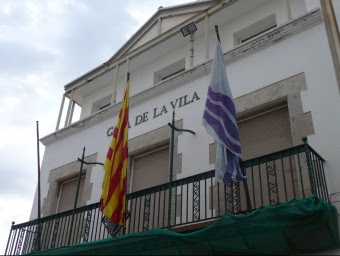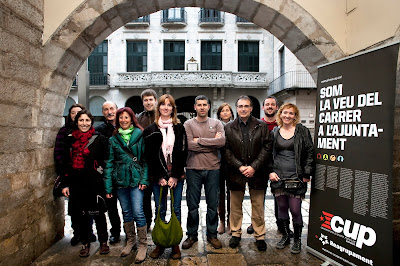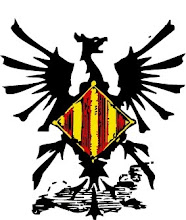President of Reagrupament Independentista (RCAT)

This magma we call Catalanism, which may include from Catalan cultural activism to a great deal of political independentism, has been working right from the beginning with two aims in mind, among others, which are clearly wrong from my point of view and have been, furthermore, a great loss of energy and an endless source of frustration.
The first one of them is the foolish aspiration to reform Spain. Catalanism has always been at the forefront of Spanish reformism, thinking that a democratic Spain, prosperous and homologous to the rest of Europe, member of democratic international institutions, would be the ideal and suitable frame for Catalonia’s recognition, with an autonomous, federal or confederal matching, whatever you may call it, comfortable enough in order to reach its national completeness.

Harsh reality, though, is telling us that Spain, whatever its situation will be, does not tolerate any part of its territory not being quite fully Spanish speaking or avoiding being strictly brought under its absolute rule. This type of Catalanism has always been dreaming in finding and having its own place within Spain, a place absolutely peculiar in terms of international standards: having its own national sport teams taking part in official worldwide competitions, claiming for Catalan language to be accepted as equal among the rest of the EU official languages, having official representatives in the European decision bodies, diplomatic delegations, taking hold of ” the key to its own safe”… a long list of dreams that could only lead to unpleasant and sour awakenings.

Note: First published in LA VEU DE REAGRUPAMENT, Num. 13 (March 2012)


















